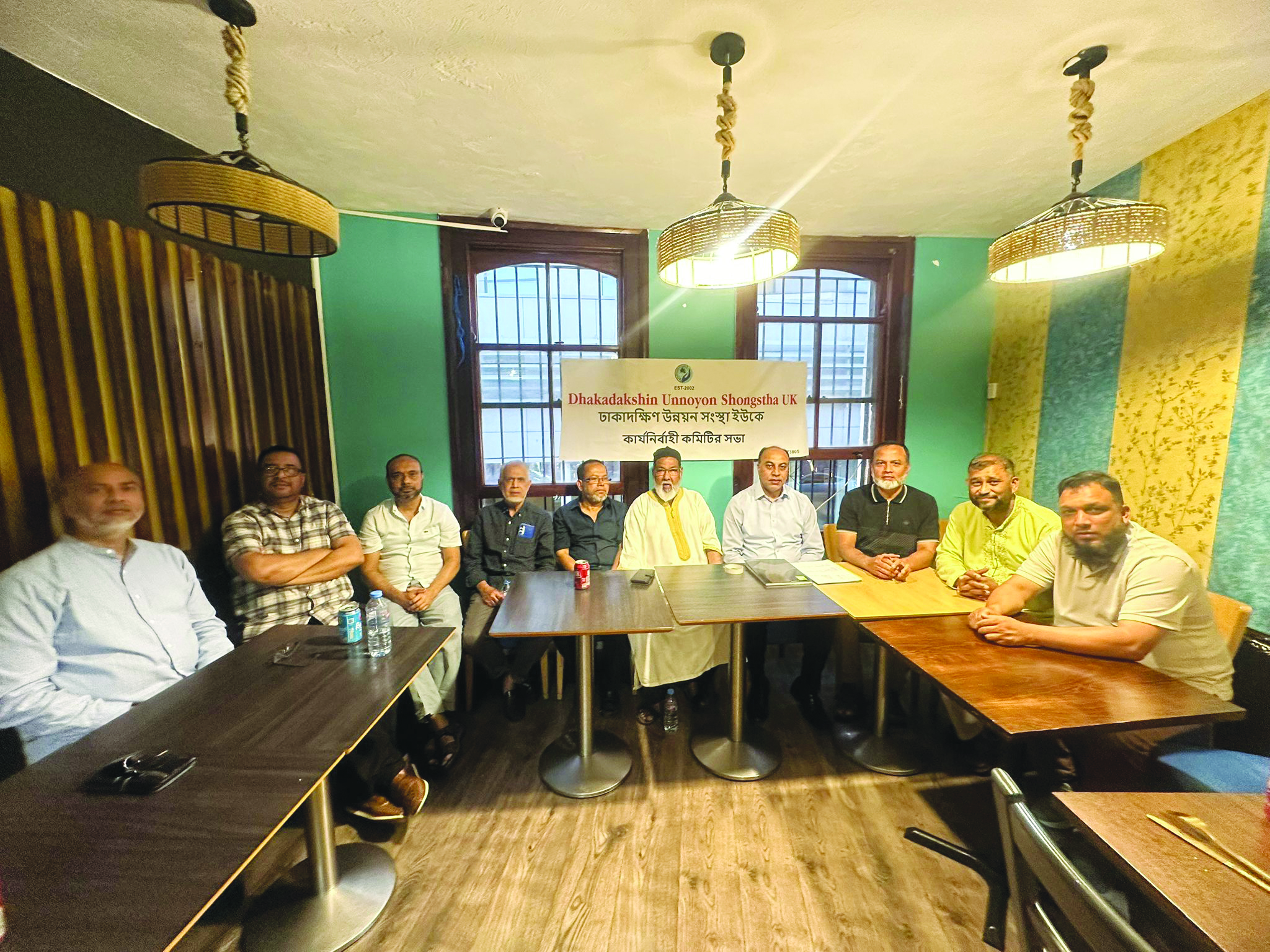SOUTH ASIAN HEALTH CARE PROFESSIONALS URGE PUBLIC
SOUTH ASIAN HEALTH CARE PROFESSIONALS URGE PUBLIC NOT TO IGNORE LUNG CANCER SYMPTOMS
South Asian health care professionals are backing the latest NHS and Public Health England campaign urging people to contact their GP practice if they have a cough for three weeks or more and it isn’t COVID-19. A cough for three weeks or more could be a sign of lung cancer. Finding lung cancer early, like other cancers, makes it more treatable.

Research commissioned by the NHS and Public Health England found almost half of people do not know that a persistent cough for more than three weeks can be a lung cancer symptom. And two thirds of people, 61%, would not make an appointment with their GP if they had a cough lasting three weeks or more and had tested negative for coronavirus.
The survey found that the main reasons people gave for not contacting their GP were wanting to wait to see if symptoms would go away on their own (25%) and being worried about burdening the NHS (31%).
Other symptoms of lung cancer include coughing up blood, persistent breathlessness, chest infections that keep coming back or unexplained weight loss.
Dr Sayyada Mawji, a North London based GP, said: “I know many patients have been nervous to see their GP since the pandemic began because of a fear of catching COVID-19 or burdening the health service but I want to assure you that the NHS has adapted its services and we can see you safely. If you or a loved one has had a cough for three weeks or more and it isn’t COVID-19, please contact your GP practice. It’s probably nothing serious, but finding cancer early makes it more treatable and can save lives.”
Around 39,300 people are diagnosed with lung cancer in England each year. Five-year survival for persons diagnosed with stage 1 lung cancer is 57% compared with just 3% for those diagnosed with late stage (stage 4) lung cancer. The NHS Long Term Plan aims to increase the number of cancer patients diagnosed early, at stage one or two, from half to three quarters.
The health service has seen more people come forward for cancer checks since the first peak of the pandemic, but lung cancer referrals are at 73% of the same point last year.
Dr Karen Sandhu, a Macmillan GP based in Swindon, said: “In the South Asian community, we can often assume cancer is a fatal illness, but research has shown us that earlier diagnosis can make cancer more treatable. As a GP, I would urge you not to take any chances with your health – if you or your loved one has a cough for three weeks or more that isn’t COVID-19, please contact your GP practice. Don’t let anything stop you from putting your health first.”
From the start of the pandemic to December, 228,000 people started NHS treatment for cancer, 95% of whom did so within a month. Hospitals across England have also carried out more than two cancer procedures for every patient they treated for coronavirus in 2020. Despite this, latest figures show GP referrals for lung cancer remain lower than the same point last year.
Nafeesa Arshad, sister of Saima Thompson, who passed away because of lung cancer last year said: “At 29, lung cancer was the last thing that was on my sister’s mind. She had recently got engaged and was running two businesses. If you have any concerns – a cough that won’t go away, feeling tired all of the time, or any physical changes in your body, please contact your GP practice. Cancer doesn’t discriminate. It doesn’t care what ethnicity or gender you are.”
NHS England has also introduced a series of innovations in cancer care during the pandemic, including COVID-19-secure surgery hubs that were set up across the country and £160 million invested in ‘COVID-19-friendly’ cancer drugs, that treat patients without having such a big impact on their immune system or offer other benefits such as fewer hospital visits.





